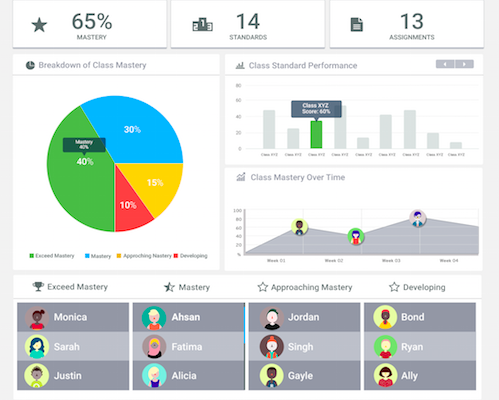Object Permanence Development In Young Children

Object permanence is a term used to describe the ability a child has to understand that objects remain in existence even if they cannot be seen or heard. If you’ve ever played peek-a-boo with an infant, you probably know how this works.
When an object is concealed, infants under the age of about two will generally be upset that they can no longer see the object. This is due to their lack of understanding that the object still exists, even though they cannot see it.
Let’s take a more in-depth look at the development of object permanence in children.
Cognitive Development
As a concept, object permanence plays a crucial role in the cognitive development theory, which was created by Jean Piaget, a Swiss psychologist. In the sensorimotor development stage – a period that lasts until two years of age – Piaget states that kids understand the world via their motor ability.
In early infancy, children are very egocentric. They do not understand that the world exists separately from their experience and point of view. To realize that objects exist when unseen, infants first need to create a mental representation of the said object.
Schemas
These mental images are what Piaget called schemas. Schemas are categories of knowledge regarding an object or concept in the world – for instance, a 2-year-old might have a food schema, which, during infancy, will be a breast or a bottle.
As the child ages and gains new experiences, they will expand and multiply their schemas to become vastly more complicated. Through the accommodation and assimilation processes, children will develop new mental categories, grow existing ones, and even change their current schemas entirely.
How Object Permanence Develops
Piaget states that six stages take place during sensorimotor development, and they are the following:
Reflexes, birth to 1 month – this is the earliest part of sensorimotor development. In it, reflexes are how infants explore and understand the world.
New schemas, 1 to 4 months – primary circular reactions cause new schemas to form. An infant might one day suck their thumb and find it enjoyable, which will lead them to repeat the action.
Intentional actions, 4 to 8 months – at this stage, infants start to pay closer attention to the world. They will perform actions to incite a response.
Greater exploration, 8 months to 1 year – intentional actions are far more evident. Babies’ responses to their environment become more coordinated and cohesive.
Trial and error, 1 to 1.5 years – tertiary circular reactions emerge in this stage, which involves trial and error. Infants might perform actions to garner attention.
Emergence of object permanence, 1.5 to 2 years – Piaget believed that representative thought emerged at this stage. Here, children can form mental representations of objects, meaning that they can understand object permanence.
Concluding Thoughts
While Piaget’s theory was significantly influential and remains popular even today, it was often thought that he underestimated children’s abilities. Still, we know that object permanence is not something that children are born with and that it must develop over time.






